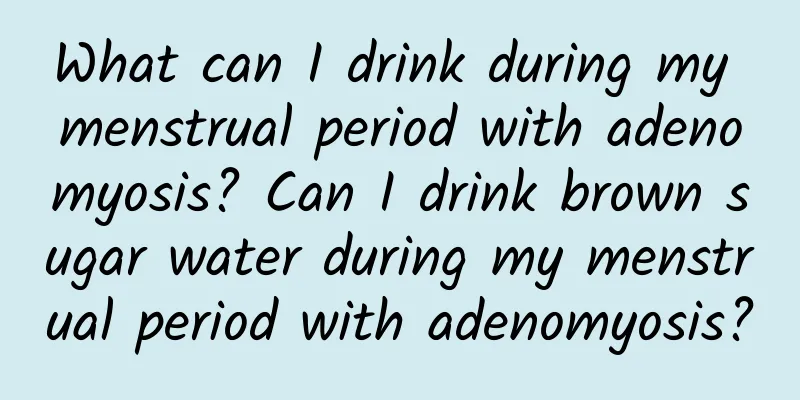How to treat chocolate cyst

|
Under normal circumstances, a type of endometriosis. As the endometrium grows in the uterine cavity, it is affected by female hormones in the body and sheds once a month, forming the so-called menstruation. If the endometrial fragments shed during the menstrual period flow back through the fallopian tube into the pelvic cavity with the menstrual blood, and are implanted on the surface of the ovaries or other parts of the pelvic cavity, ectopic cysts are formed. This ectopic endometrium is also affected by sex hormones and sheds and bleeds repeatedly with the menstrual cycle. If the lesion occurs on the ovaries, there will be local bleeding during each menstrual period, which will enlarge the ovaries and form cysts containing old blood. This old blood is brown and sticky like paste, like chocolate, so it is also called "chocolate cyst". This cyst can gradually increase in size and sometimes rupture during or after menstruation, but rarely becomes malignant. Although ovarian chocolate cysts are benign diseases, they have malignant behaviors such as hyperplasia, infiltration, metastasis and recurrence. This type of ovarian cyst is one of the most common diseases in women of childbearing age between 25 and 45 years old, with an incidence rate of 10% to 15%. Endometriosis lesions will grow larger over time, gradually eroding normal tissue and causing irreversible damage to ovarian tissue. Severe cases require surgery. This type of cyst can gradually increase in size and sometimes rupture during or after menstruation, but rarely becomes malignant. Drugs or (and) surgery (conservative or radical) can be used for treatment. So far, there is no ideal radical cure except radical surgery. Both drug treatment and conservative surgery have a high recurrence rate. Therefore, it is necessary to select according to the patient's age, symptoms, signs, lesion range, and fertility requirements, emphasizing individualized treatment. Expectant treatment is used for mild lesions with mild or no symptoms; mild patients with fertility requirements are treated with drugs after a clear diagnosis, and those with severe conditions undergo fertility-preserving surgery; young patients with severe conditions who do not have fertility requirements can undergo ovarian function-preserving surgery and supplemented with drug treatment; patients with severe symptoms and lesions who do not have fertility requirements can undergo radical surgery. There are two surgical methods: open surgery and laparoscopic surgery, and the best treatment method is laparoscopic surgery. |
<<: Precautions after chocolate cyst surgery
>>: Precautions after laparotomy for chocolate cyst
Recommend
Patients need to understand the diagnosis of irregular menstruation
At present, irregular menstruation is a very seri...
How to treat cervical mucositis
Cervical mucositis is also called endocervical ca...
What to do with irregular menstruation? 10 ways to treat irregular menstruation
What should I do if I have irregular menstruation...
Experts remind: the main causes of ectopic pregnancy
Ectopic pregnancy is a gynecological disease with...
Pelvic inflammatory disease may present with menstrual abnormalities
Pelvic inflammatory disease may manifest as abnor...
What are the factors that cause dysmenorrhea in women?
What causes dysmenorrhea? I believe that many pat...
Standardize the causes of habitual abortion
The incidence of habitual miscarriage is getting ...
Porridge diet that can help patients with ovarian cysts recover
Patients with ovarian cysts can regularly take wa...
What are the main treatments for chronic adnexitis?
What are the main treatments for chronic adnexiti...
What are the most common symptoms of cervical erosion?
Among the many gynecological diseases, cervical e...
Lack of water can lead to dementia! The famous Japanese doctor drinks this good water every day...
There is a new dementia patient every 3 seconds i...
What should I do if I have sex after an abortion? Do I need to use contraception after an abortion?
Generally speaking, lochia will be gone in two we...
What are the specific hazards of dysmenorrhea
Dysmenorrhea is a problem that many women will en...
Why do patients with recurrent miscarriage need immunological examination?
It is not uncommon for women to have three or mor...
Can high blood sugar cause menstrual irregularities?
Can high blood sugar cause menstrual irregulariti...









